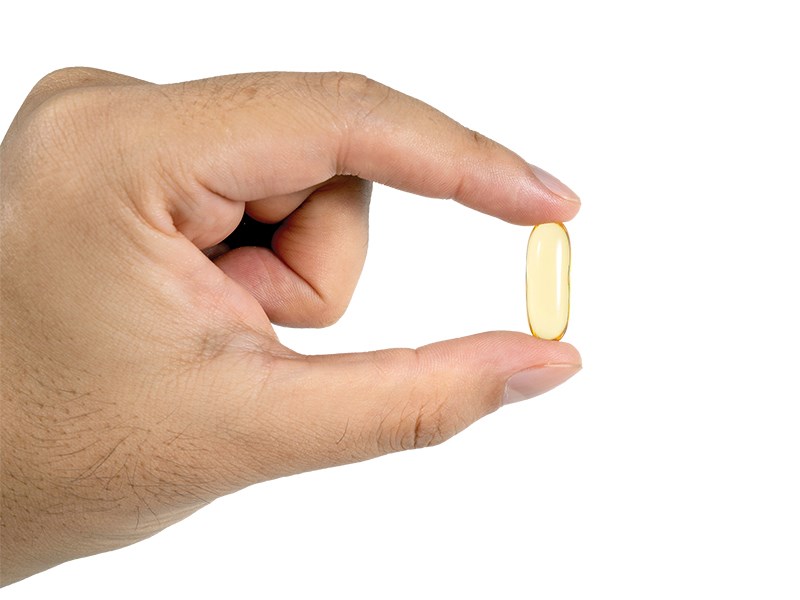When standing in front of shelf upon shelf of supplements and wondering what you should take, the choices can seem overwhelming. Let’s start with clarifying the difference between supplements and nutraceuticals.
The supplements that humans need are determined by our Homo sapien genetics, but are difficult to get in our industrialized environment. These supplements are essential nutrients; they cannot be produced within our bodies in sufficient amounts and need to be consumed. We sooner or later become sick without them. Our human genome requires them.
Nutraceuticals are substances, not regulated as a pharmaceutical drug, used to treat specific symptoms or disease. Both “ceuticals” are designed to bring on an artificially induced state of function for the body that overrides our natural self-regulation. I’ll leave it up to you to decide if you think that is a good thing.
A large body of excellent scientific research supports the daily supplementation of three things:
Long-Chain Omega-3 Fatty Acids
We do not get enough Omega-3s because our diets have too much grain and grain-fed meats. Omega-3s are present in wild game, wild fish and grass-fed or grass-finished livestock. They play a critical role in brain and nerve development and function, emotions and behaviour, skin and bone health, inflammation and healing, cholesterol regulation, digestion, heart function, immune function and vision. They also play a key role in preventing obesity, diabetes, cancer, neurological and brain disorders and heart disease.
The only scientifically proven effective supplement for Omega-3s is fish oil. This needs to be third-party tested to prove it is contaminant free and has DPA, EPA and DHA in their natural amounts and forms. These should never taste fishy as that means they are going rancid. The dose is 500mg for every 40 pounds of body weight.
Vitamin D3
Humans produce D3 through the conversion of cholesterol by UVB radiation from the sun on our skin. As we get further from the equator with fewer sun hours and wear more clothing and sunscreen, we have to get it through food or supplementation. Some illnesses associated with lack of D3 include cancer, cardiovascular disease, diabetes, endocrine disease, infections, autoimmune disorders, mental health, learning disorders and many more. It is so effective at improving immune systems that research has shown it to be more effective than the flu shot. Daily dosage is 1000 IU for every 40 pounds of body weight. To receive a daily dosage naturally, you have to stand outside under direct overhead sun, without a shirt on and wearing no sunscreen, for half an hour.
A Probiotic
Probiotics are beneficial bacteria that live in the human digestive tract. There are 10 times more bacteria in your gut than there are cells in your entire body and we cannot live without them. They produce vitamins, help with digestion and food absorption and protect against disease. Historically, these bacteria were sufficiently present in our environment and foods.
In our industrialized society, due to high grain, high sugar, low fibre diets, hyper-clean germophobic environments, high levels of emotional stress and overuse of antibiotics and prescription drugs, the amounts of healthy probiotics within us is dangerously low. Fermenting your own vegetables is a good way to get enough probiotics, otherwise you must supplement.
A good probiotic has a very large percentage of the bacteria lactobacillus plantarum, is refrigerated and is wheat, soy and dairy free.
Dairy probiotics are for cows not humans. Dosage is five billion CFUs per day for every 40 pounds of body weight.
I hope this takes some of the mystery and confusion out of taking supplements to improve your overall health. As a final comment, please make sure you read the labels and have a healthy level of scepticism about the content and claims if the supplements are not third party, independently tested.
Ted Johnson is a chiropractor in Powell River who has been practising for more than 20 years.



